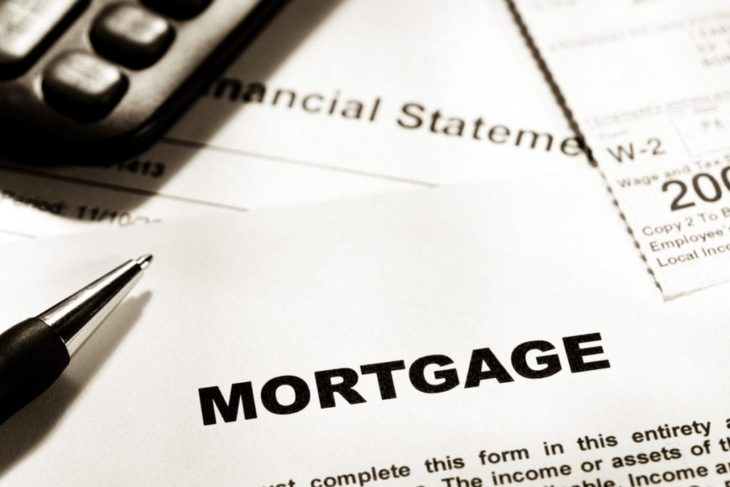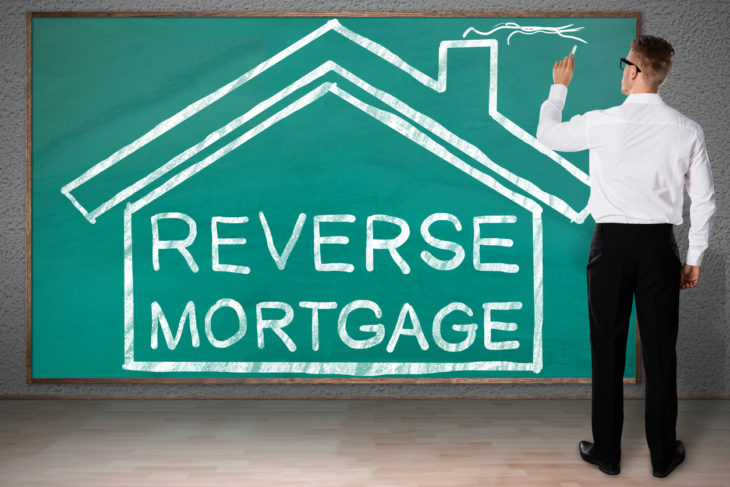Living on a fixed income can be tricky. As a result, the number of people who have underestimated their financial needs in retirement is pretty high. Reverse mortgages have evolved in response to this.
Designed specifically for seniors who own their homes, these financial products can increase one’s post-career cash flow. However, there are some rather significant pitfalls of which you’ll need to be aware before taking this approach.
Here are some of the pros and cons of reverse mortgages.

Source: Medium
What Is a Reverse Mortgage?
The Home Equity Conversion Mortgage is called a reverse mortgage because the lender grants you a cash advance against your home equity. Repayment becomes due whenever the borrower or a surviving eligible non-borrowing spouse leaves the home.
The minimum qualifying age requirement is 62, the property must be your primary residence and you’ll need to have considerable equity in the home. While the exact figure varies from lender to lender, it tends to hover around 50 percent or more. Consumer counseling is also required so government regulators can be assured you’ve been apprised of the terms of the deal before you sign up.
Reverse Mortgage Pros
As expected, steady income is the leading draw here. Disbursement options are pretty flexible too. You can take monthly payments, a lump sum payment or a line of credit. This enables you to apply the money in the manner most beneficial to your needs.
Existing mortgages are eliminated and your heirs will not be held personally liable if the payoff balance is more than the value of the home. Further, any equity left untapped will be passed on to those who inherit the property — upon satisfaction of the terms of the loan. While the proceeds of the loan can be used as income, they are not considered income. In other words, the money is tax free — well, aside from continuing to pay your property taxes.

Source: charlottesreaders.com
Reverse Mortgage Cons
You’re basically selling your house back to the bank — a little bit at a time. When you leave the home, the amount of equity against which you borrowed must be repaid if the property is to remain in your family. Otherwise, it will have to be sold to satisfy the debt and your successors will get what’s left after the lender is repaid.
Further, like any other loan, interest accrues on the outstanding balance, which means an additional percentage of your equity will go to the lender upon disposition of the home. What’s more, those interest payments are not tax deductible. There are also a number of different fees associated with reverse mortgages. These can further reduce the value you’ll pass on to your survivors.
Family members sharing the home who aren’t on the loan can be required to vacate the home when you die. Remember, homeowners must be 62 or older to sign for a reverse mortgage. If your spouse is younger, they’ll be required to deed off of the property. This means they’ll need to be in a position to buy it after you pass away — otherwise they could lose the place.
Deciding to move into a different home can be problematic as well. You’ll have to pay off the reverse mortgage before you move. If there’s enough value left in the home to satisfy the original mortgage, plus the reverse mortgage — along with its interest and fees, you’ll be OK. Otherwise, you could find yourself stuck in place. To not get in situations like this be sure to contact reverse.mortgage for consultation.

Source: Breakwater Financial, LLC
What’s Best for You?
Considering the pros and cons of reverse mortgages carefully before deciding to take one is highly advisable. If unmanageable consumer debt is a factor contributing to your need for a reverse mortgage, consulting a company like FreedomDebtRelief might be a better play. These firms can help you determine the most advantageous path to eradicate your debts.
Another alternative is to sell the home outright and buy something less costly. This will give you the equity you’ve accrued, click here for help to get without encountering the interests and fees a reverse mortgage would impose.
